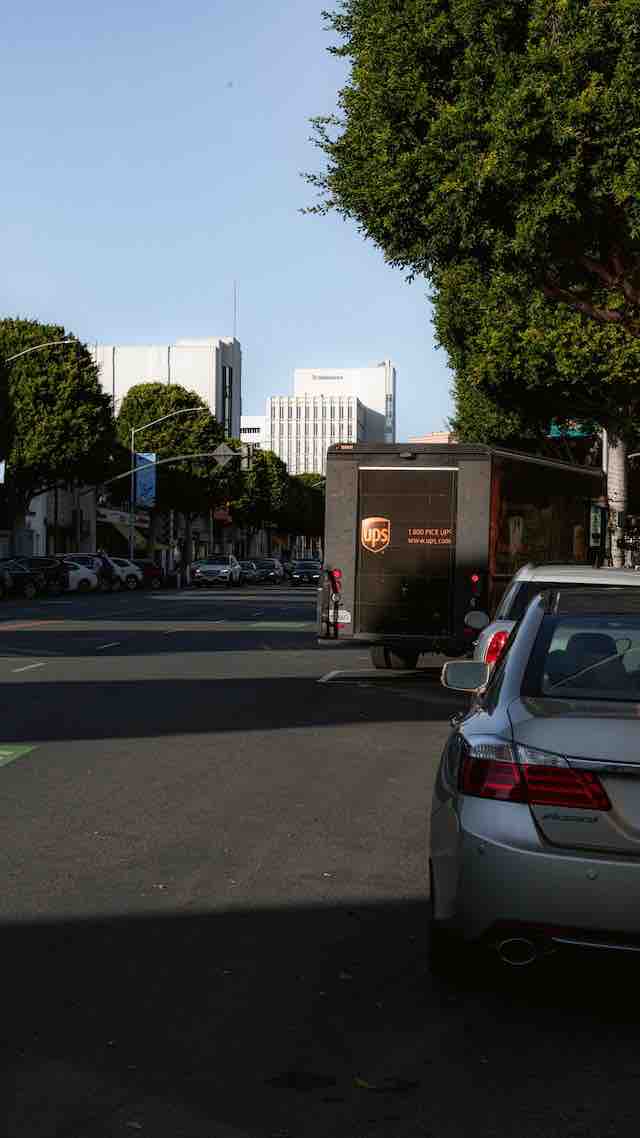UPS, one of the world’s largest package delivery companies, and the Teamsters, a powerful labor union representing UPS workers, have found themselves at odds over contract negotiations. As the existing labor agreement approached its expiration date, talks between the two parties hit a stalemate, leaving the possibility of a labor strike looming large.
A strike at UPS would not only impact the company and its employees but would send shockwaves throughout the supply chain. With UPS handling a substantial portion of global shipping, businesses of all sizes and industries rely on their efficient services to deliver goods to customers. A strike would disrupt these vital connections and could lead to delayed shipments, lost revenue, and disgruntled customers.
The Crucial Role of Negotiations:
Recognizing the severity of the situation, both UPS and the Teamsters have wisely chosen to return to the negotiating table. Restarting talks presents a significant opportunity for the parties to find common ground and address the key issues causing the deadlock. A successful resolution could avert the strike and maintain the continuity of shipping operations.
During the previous rounds of negotiations, several crucial matters emerged as sticking points. These include wages, working hours, healthcare benefits, and workplace conditions. Both parties will need to approach these topics with a spirit of compromise and a focus on reaching mutually beneficial agreements.
Potential Solutions and Compromises:
Finding a middle ground is never easy in complex negotiations like these. However, UPS and the Teamsters must explore innovative solutions to address each other’s concerns. Increased wages could be balanced with productivity improvements, and healthcare costs might be shared more equitably. Moreover, discussions around improving workplace conditions and fostering a positive work environment could lead to better long-term relationships.
The Countdown to the Deadline:
As the labor agreement’s expiration date draws near, the pressure to find a resolution intensifies. Both parties must act swiftly and with determination to avoid the costly consequences of a strike. Time is of the essence, and every moment lost brings us closer to potential supply chain disruptions.
The Role of Mediation:
In situations where negotiations become increasingly challenging, a neutral mediator can play a vital role in facilitating discussions. Mediators bring fresh perspectives, unbiased guidance, and help bridge the gap between the parties, ultimately aiding in finding common ground and reaching a settlement.
The resumption of talks between UPS and the Teamsters is a positive sign in the effort to avert a potentially crippling strike. The stakes are high, and the implications of a prolonged labor dispute could be felt by businesses and consumers alike. By working together in good faith, both parties have a unique opportunity to overcome their differences, find viable compromises, and preserve the stability of the supply chain. As the negotiations progress, the world watches with hopeful anticipation, trusting that a resolution will be reached to ensure the smooth functioning of one of the world’s most critical logistical networks.












